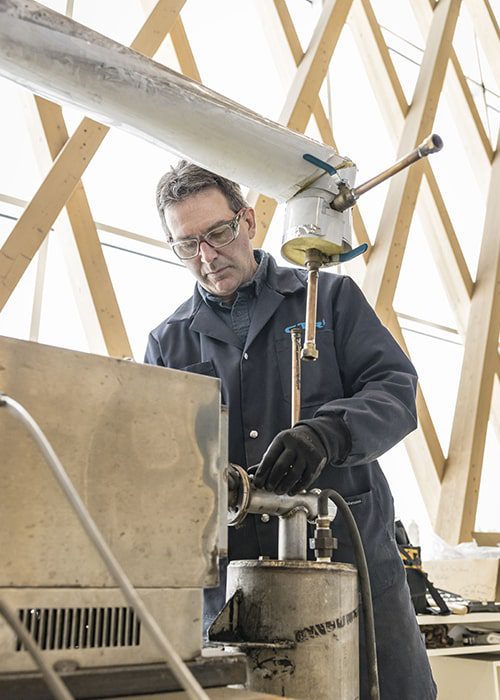
To explore, identify and propose innovative solutions that aim to increase the value of underused natural resources and industrial waste by acceleration of the implementation of eco-responsible and profitable business practices.
To improve Quebec’s collective well-being and productivity through innovative solutions centred on clean development and the circular economy.
Spirit of innovation and creativity
Multidisciplinarity
Teamwork
Diversity
Complementarity
The Centre technologique des résidus industriels (Industrial Waste Technology Centre) was created in the year 2000 to offer Abitibi-Témiscamingue and Northern Quebec businesses some expertise and technical services for innovation, research and technology transfer purposes.
In 2004, the Centre technologique des résidus industriels received its probationary accreditation and became the 30th CCTT (College Centre for Technology Transfer) affiliated to the Trans-Tech Network.
Over a hundred partners use our products and services, which the CTRI multidisciplinary team offers in the context of their technological development projects.
Consult our annual reports by downloading them in the PDF format.
Effect of forestry practices on fish habitat (pdf)
Impact of forest practices on fish habitat (pdf)
Illustrated directory of silvicultural treatments in the boreal forest (pdf)
Illustrated Directory of Boreal forest Silvicultural Treatments (pdf)
Strategic plan 2007-2012 (pdf)
Guide to decision-making for the harmonization of different forest uses (pdf)
Acting President
Secretary Treasurer
Administrator
Administrator
Administrator
Administrator
Administrator
Administrator
Administrator
Administrator
A large number of clients and partners have been included on the Centre’s list of collaborators since its creation in 2000, such as agrifood companies, technology networks and centers, research chairs and units, environmental councils, cooperatives and forestry companies, various Quebec ministries and of Canada, mining and forestry companies, regional county municipalities and cities of Abitibi-Témiscamingue, educational institutions, etc.

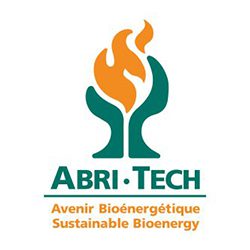
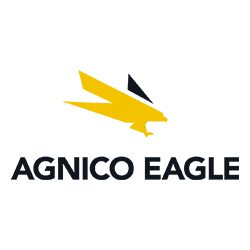



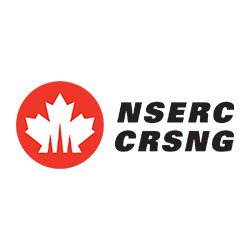
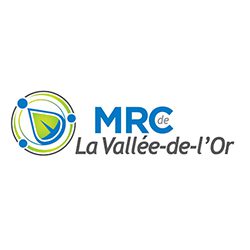
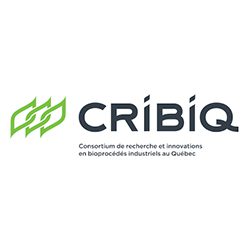

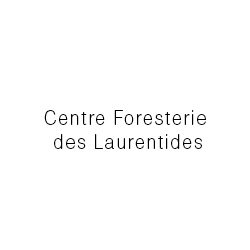
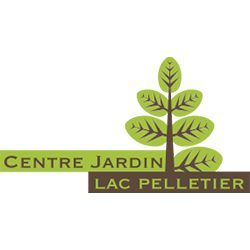

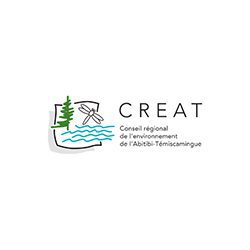
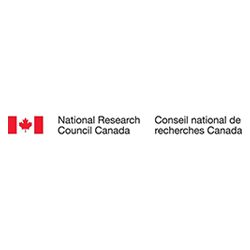
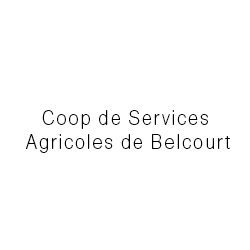

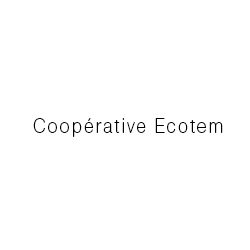

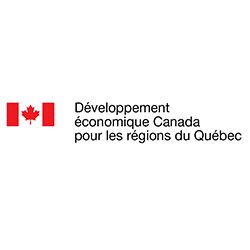
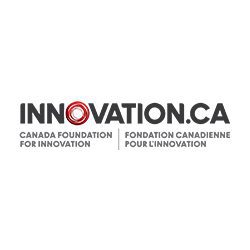
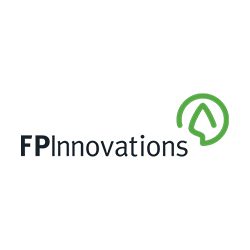



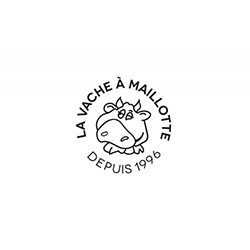








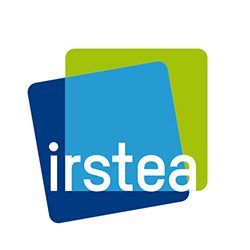
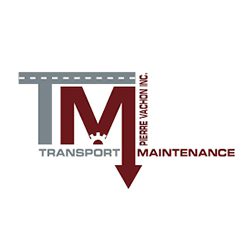


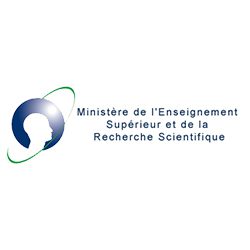

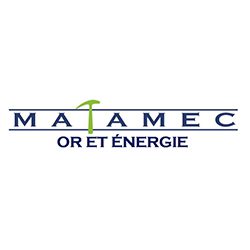


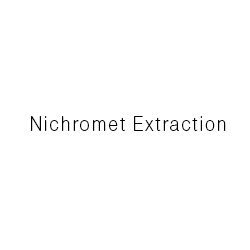



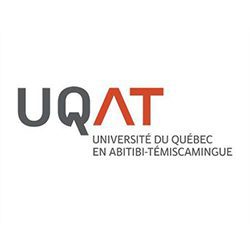
The Research Support Fund (RSF) aims to help post-secondary teaching as well as affiliated hospitals and research institutions to cover a part of their administrative fees committed to the management of research work financed by three federal funding agencies.
Here is a brief description of costs that can be covered by the RSF:
RSF funds are useful to meet the indirect costs attributable to research. These indirect costs concern the following five categories of expenses:
The salaries and benefits of employees in charge of grant applications and research projects that support the research organization (research, financial and human resources offices) are real examples of the expenses to which research work leads.
We have no affiliated establishments.
In 2020-2021, the CTRI obtained a subsidy in the amount of $39,067. The CTRI used these funds in the context of the management and administration of research activities.
Indirect costs granted by the Research Support Fund enabled support of the Research Department and the Finance Directorate.
The Industrial Residue Technology Center was created in 2000 with the aim of providing businesses in Abitibi-Témiscamingue and Nord-du-Québec with expertise and technical services for the purposes of innovation, research and development. technology transfer.
2023 © All rights reserved • CC Consultants